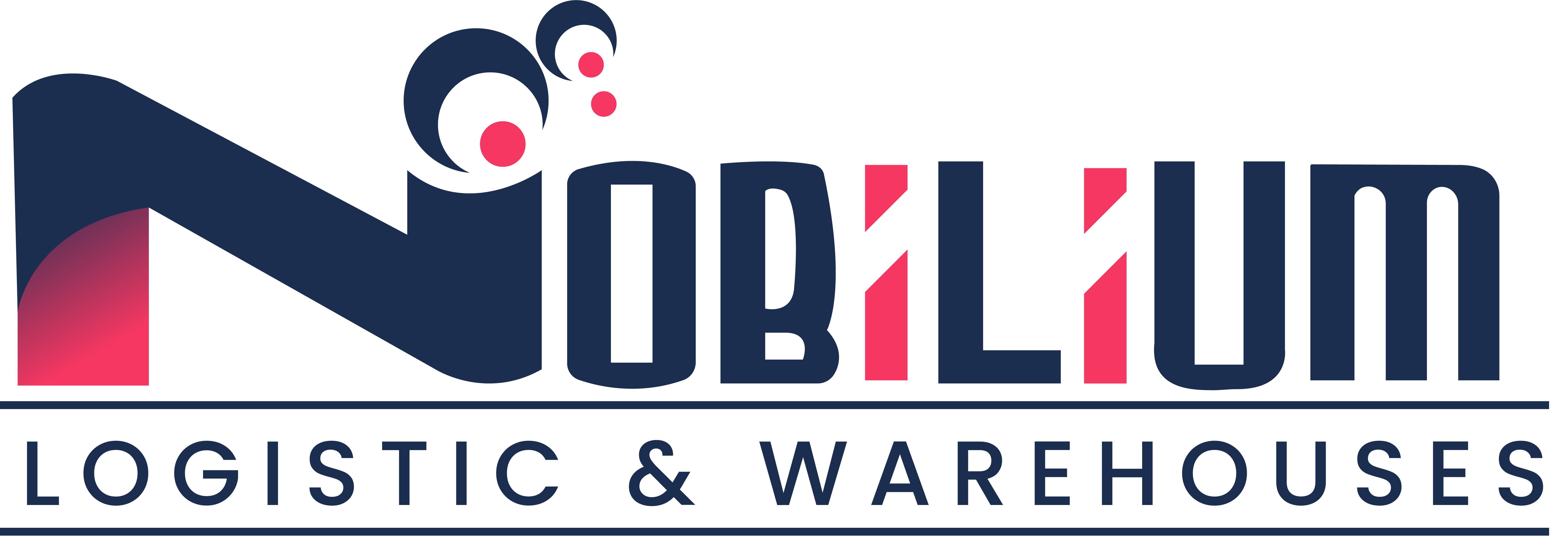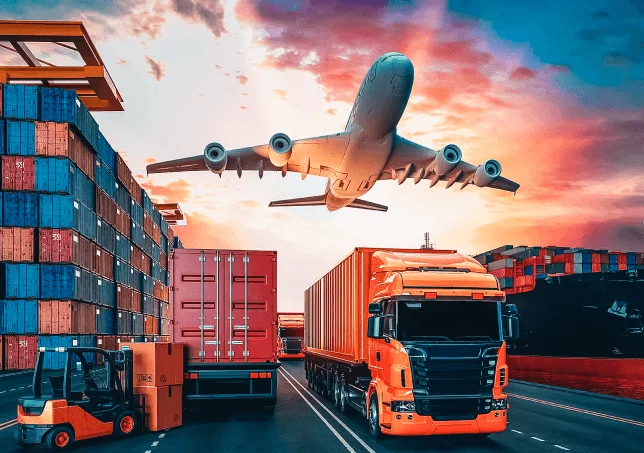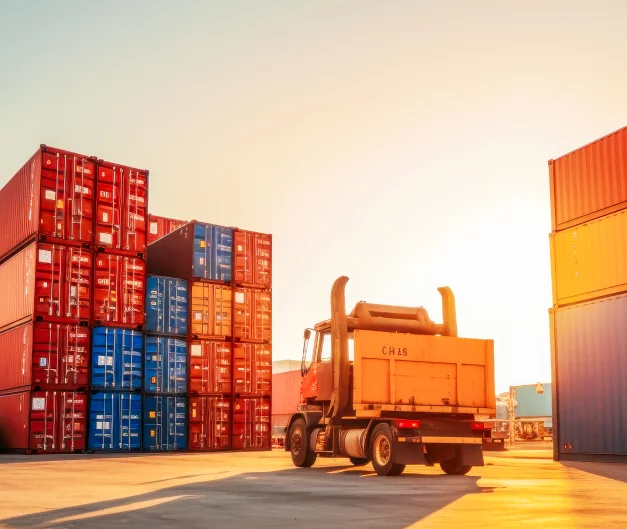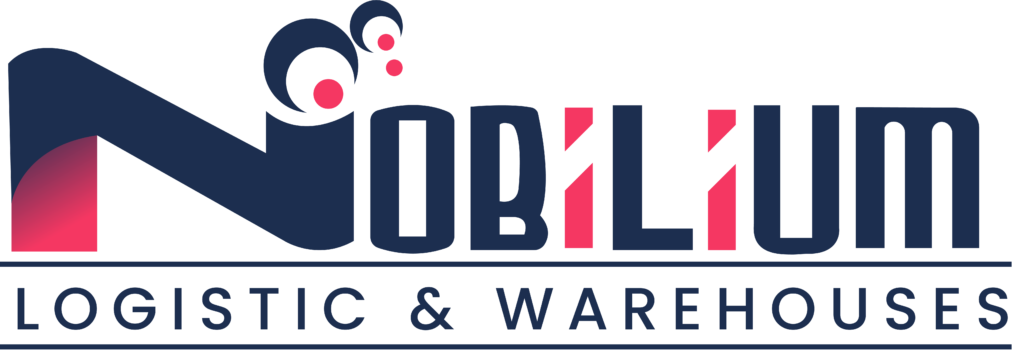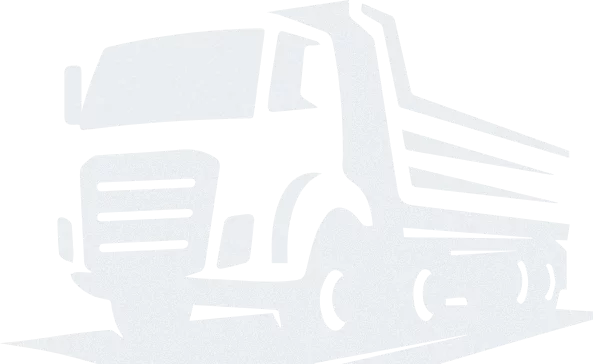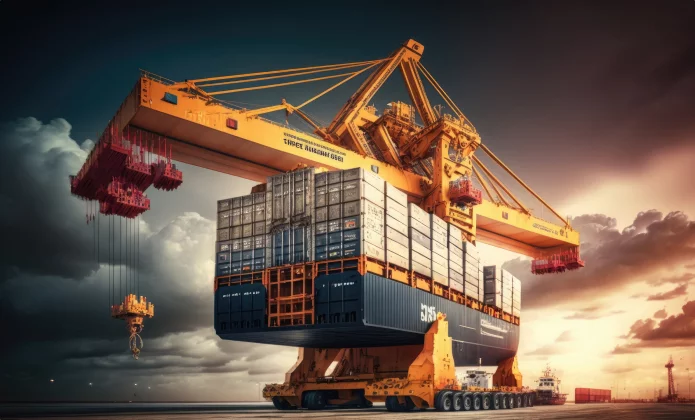
The Impact of E-Commerce on Modern Logistics
The explosive growth of e-commerce has dramatically transformed the logistics landscape, presenting both challenges and opportunities for businesses worldwide. As online shopping continues to gain popularity, logistics providers must adapt to the increasing demand for faster, more efficient delivery services. This blog explores the key ways e-commerce is reshaping logistics and the innovative strategies companies are employing to meet consumer expectations.
- Rising Consumer Expectations
With the convenience of online shopping, consumers now expect quick and reliable delivery services. This shift in consumer behavior has led to several notable changes in logistics:
- Faster Delivery Options: Consumers are increasingly opting for same-day or next-day delivery services. Logistics companies must enhance their capabilities to meet these expectations, often by investing in advanced technologies and optimizing their supply chains.
- Flexible Delivery Solutions: To accommodate busy lifestyles, consumers are seeking flexible delivery options, such as click-and-collect services or delivery windows. Logistics providers are implementing innovative solutions to cater to these preferences, ensuring a seamless customer experience.
- Last-Mile Delivery Innovations
The last mile, which represents the final leg of the delivery journey, is often the most challenging and costly aspect of logistics. E-commerce’s growth has prompted companies to rethink their last-mile delivery strategies:
- Crowdsourced Delivery Models: Some logistics companies are utilizing crowdsourced delivery services, tapping into local drivers to complete deliveries quickly and efficiently. This approach not only reduces costs but also enhances delivery speed.
- Micro-fulfillment Centers: E-commerce businesses are establishing micro-fulfillment centers in urban areas to facilitate faster deliveries. These smaller warehouses are strategically located closer to customers, enabling quicker order processing and reduced transit times.
- Increased Use of Technology
Technology plays a pivotal role in optimizing logistics operations for e-commerce. Here are some key technological advancements driving this transformation:
- Warehouse Automation: Many logistics providers are investing in automated systems, such as robotic picking and sorting technologies, to streamline warehouse operations. Automation enhances efficiency, reduces labor costs, and improves accuracy in order fulfillment.
- Advanced Tracking Systems: Real-time tracking and visibility solutions are becoming standard in e-commerce logistics. Customers expect to know the status of their orders at all times, prompting logistics companies to invest in advanced tracking systems that provide updates throughout the delivery process.
- Sustainability in E-Commerce Logistics
As the e-commerce industry grows, so does the need for sustainable logistics practices. Companies are increasingly focused on minimizing their environmental impact while meeting customer demands:
- Eco-Friendly Packaging: E-commerce businesses are adopting sustainable packaging materials to reduce waste. This includes using biodegradable, recyclable, or reusable packaging options to minimize their carbon footprint.
- Green Delivery Options: Many logistics providers are exploring eco-friendly delivery methods, such as electric vehicles or bicycles, to reduce emissions. Sustainable transportation options are gaining traction as businesses prioritize environmental responsibility.
- Data-Driven Decision Making
Data analytics is revolutionizing the way logistics companies operate in the e-commerce sector. By leveraging data, businesses can optimize their supply chains and improve overall performance:
- Predictive Analytics: E-commerce companies are using predictive analytics to forecast demand patterns, enabling them to manage inventory levels more effectively and reduce stockouts.
- Performance Metrics: Logistics providers are analyzing key performance indicators (KPIs) to assess their efficiency and identify areas for improvement. Data-driven insights empower businesses to make informed decisions and enhance their operations.
- Challenges in E-Commerce Logistics
While e-commerce presents numerous opportunities, it also poses significant challenges for logistics providers:
- Rising Operational Costs: The demand for faster delivery options often leads to increased operational costs, including labor, transportation, and warehousing expenses.
- Supply Chain Disruptions: Global events, such as the COVID-19 pandemic, have exposed vulnerabilities in supply chains, impacting logistics operations. Companies must develop strategies to mitigate risks and ensure resilience.
- The Future of E-Commerce Logistics
As e-commerce continues to evolve, so too will the logistics industry. Here are a few trends to watch:
- Integration of AI and Machine Learning: AI and machine learning technologies will play an increasingly important role in optimizing logistics operations, improving forecasting accuracy, and enhancing customer service.
- Enhanced Omnichannel Strategies: Companies will continue to adopt omnichannel strategies, seamlessly integrating online and offline shopping experiences to meet consumer expectations.
- Blockchain Technology: Blockchain will likely play a greater role in enhancing transparency and traceability in e-commerce logistics, enabling secure and efficient transactions across the supply chain.
Conclusion
The impact of e-commerce on modern logistics is undeniable, driving significant changes in how goods are stored, processed, and delivered. Logistics providers must embrace innovation and adapt their operations to meet the evolving demands of consumers. By leveraging technology, optimizing last-mile delivery, and prioritizing sustainability, businesses can thrive in the dynamic world of e-commerce logistics.
At Nobilium Logistics, we are dedicated to providing efficient and innovative logistics solutions tailored to the needs of the e-commerce sector.

